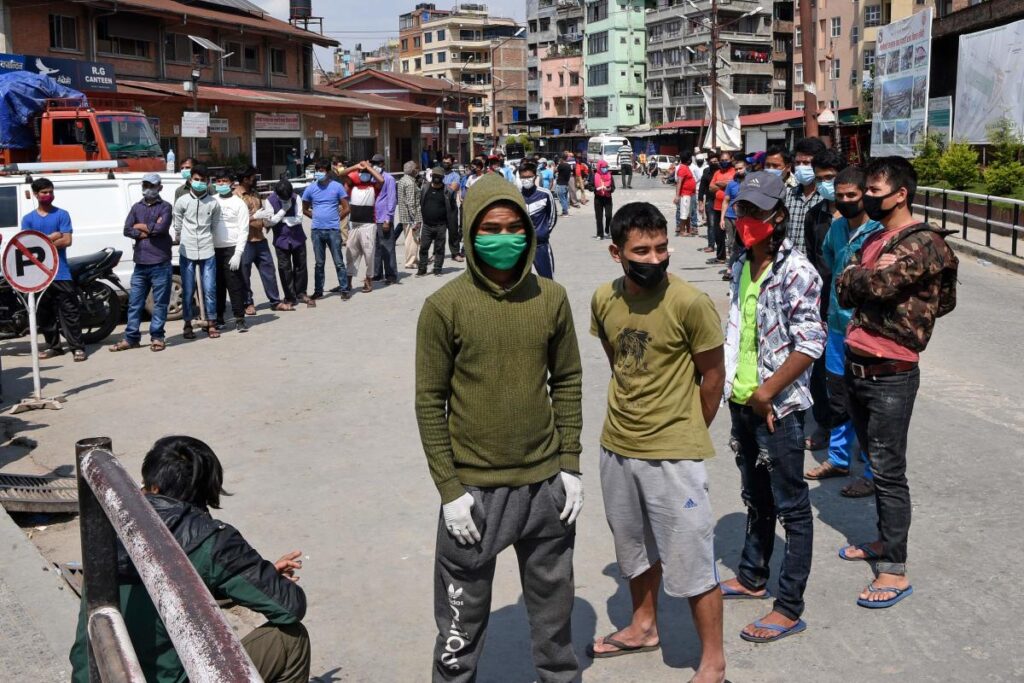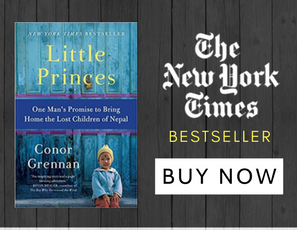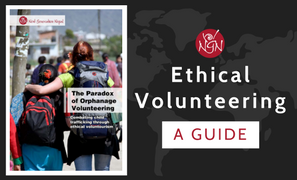Every morning, Dr Samir Kumar Adhikari of the Ministry of Health gets dozens of phone calls from lawmakers and others asking him to arrange for beds in intensive care units and ventilator support at Covid-19 designated hospitals for those close to them.
But he cannot help them much since those facilities are not available anymore with the exponential rise in cases and more and more people getting seriously ill.
He concedes that the government is not able to cope with the rising number of cases.
“People will be deprived of basic health services if cases rise at the current pace,” said Adhikari, who is also the joint spokesperson at the ministry.
Sukraraj Tropical and Infectious Disease Hospital, which has been completely converted into Covid-19 hospital, could adjust only one serious patient on Monday after moving another from the intensive care unit to the general ward.
All of its 20 intensive care unit beds and six ventilators are occupied, according to Dr Sagar Raj Bhandari, director at the hospital.
“I have been getting calls from other hospitals and Health Ministry officials since morning for ICU beds,” Raj Bhandari told the Post. “But we cannot arrange additional ICU beds and ventilators.”
As new cases of Covid-19 continue to spike and all intensive care unit beds and ventilators in public and private hospitals that treat Covid-19 patients of Kathmandu Valley unavailable, seriously ill patients have no choice but to be adjusted in general beds or stay in their homes.
“Intensive care unit beds and ventilators available in the Valley have been fully occupied for the last four days,” Dr Santa Kumar Das, coordinator of Covid-19 management team of Tribhuvan University Teaching Hospital, told the Post. “It is not possible to find an ICU bed or ventilator in any Kathmandu hospital at the moment.”
According to the data provided by the Health Ministry, 11,074 people in the Valley have been infected in the last 10 days.
As of Monday, 89,263 people throughout the country have tested positive for the coronavirus with 554 deaths. In the last 24 hours, 2,440 people tested positive, including 1,531 in the Kathmandu Valley.
The Ministry of Health said that 19 people died of the infection on Monday.
With such a rapid rise in the number of new cases, the number of moderate cases, which need oxygen supply, and severe cases, which need intensive care and ventilator support, have also increased manifold.
“The risk of infected people dying without getting oxygen supply, intensive care and ventilator support has increased,” said Das.
Doctors say serious patients admitted in intensive care units and placed on ventilator support need several days to recover, as their lungs and other vital organs get seriously damaged.
But according to Mahendra Prasad Shrestha, a chief specialist at the Health Ministry, the government has decided to discharge patients in 10 days to lessen the pressure on hospitals.
Data provided by the Health Ministry shows that there are 559 intensive care beds and 239 ventilators in Covid-19 designated hospitals throughout the country. Of them, 154 intensive care beds and 62 ventilators are in the Valley.
“The government is working to increase the number of ICU beds and ventilators, but it will be lower than the proportion of the rising number of cases,” said Adhikari, the joint spokesperson at the Health Ministry.
In April, there were 1,551 beds in intensive care units and 770 ventilators across the country. At present these numbers stand at 2,600 and 900 respectively.
Das, the coordinator of Covid-19 management team of Tribhuvan University Teaching Hospital, suggests setting up intensive care facilities in one place, as a lot of technical staff would be needed to treat and manage seriously ill patients. If they are spread over a number of hospitals, he said patients, less likely to receive optimum care.
The Health Ministry has already recommended to the Cabinet to enforce another lockdown when the number of active cases crosses 25,000.
According to Adhikari, 25,000 was the cut-off figure based on the ministry’s estimate as per availability of beds, including those at private hospitals.
“Our health facilities will be overwhelmed after that,” he added.
Public health experts say that time has passed to do many things to contain the spread of infection.
“Authorities should now focus on increasing ICU beds, ventilators and oxygen supply to save lives,” Dr Mingmar Gyelgen Sherpa, former director-general of the Department of Health Services, told the Post. “But it should not stop testing and contact tracing, which will always be important. It would be a big achievement if we can save even a few lives.”
However, despite such warnings from the doctors and public health experts, the government has lowered the number of tests, has not made contact tracing effective and has not enforced its decision to maintain physical distancing.






